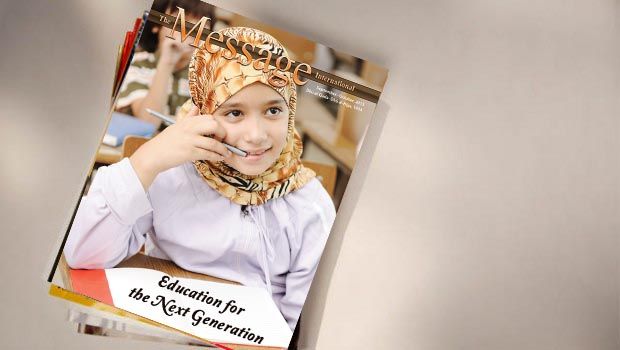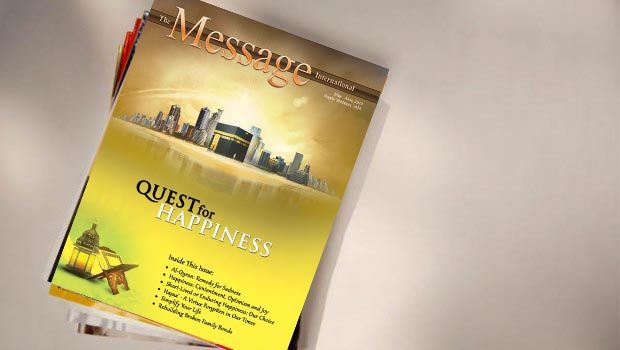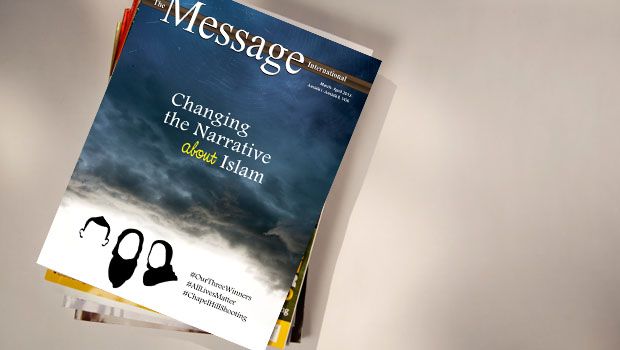The debate over “public school vs. Islamic school” is not new in America. Ever since the Muslim community started building full-time Islamic schools in the early 1990s, this topic has been part of regular and ongoing discussion and debate. Some passionately argue for Islamic schools while others oppose them because of their current flaws. As a result, American Muslim parents are more confused than ever before in deciding upon the right place for educating their children. Given that a proper and adequate education, both Islamic and academic, is critical to the health and success of our children and our communities, and that both sides of the argument have legitimate points, we have decided to revisit some of the issues here, as this insha’Allah can help parents make an informed decision about the education of their children.
The soul of your child is like an uncut precious jewel entrusted into your care by Allah
The arguments in favor of sending children to Islamic school can be summed up as follows: In full-time Islamic school, children are provided with an Islamic environment. The kids can pray in congregation and learn about Islam in positive and affirming ways. They have the opportunity to interact with and establish close relationships with other Muslim children in classes and during recess. They are protected from exposure to intense peer pressure relating to sex, drugs, alcohol, and violence. So their faith is strengthened rather than diminished by their school experience.Very importantly, the students are spared being bullied for their faith. In addition, Islamic schools are a place to build a healthy identity and sense of responsibility in our Muslim students as the aim of education, first and foremost, is to nurture and mentor our children to be conscious of their responsibility to Allah, the Creator, and then to fellow human beings.The Islamic school can attain to this objective. Public schools in America cannot.
On the other hand, those who argue against sending our children to Islamic school suggest that regardless of the comparatively healthier environment, many Islamic schools continue to be disorganized, ill-equipped, and beset with numerous other shortcomings. For example, Islamic schools in America, it is argued, have developed their curricula unsystematically. Their curricula for Islamic and Arabic studies, which is considered to be the raison d’être of an Islamic school, is remarkably weak and unable to meet the requirements of Muslim students residing in the West. Thus, Islamic schools have become merely a refuge from the negative influences of public schools, rather than a superior option of education providing valuable resources and uniquely Islamic benefits for our children. In addition to that, Islamic schools typically have very limited budgets, running strictly on tuition payments and donations. Teachers’ salaries are less than half what they could receive in public schools. As a result, Islamic schools find it difficult to recruit and retain qualified teachers. Very few, if any, of the existing Islamic schools can educate a child in a professional, robust, and comprehensive way. And some point out that students graduate from the Islamic school without the personality assets and coping skills that are needed for them to navigate the challenges of high school or college campus.
It is obvious that both positions, as stated above, have legitimate arguments and there is no easy answer or quick fix to this situation. Certain stipulations, however, must be made. First, Islamic education doesn’t mean that children should be brought up feeling as outliers to this nation and its people. Islamic education must aim to Islamize our children without de-Americanizing them. Islamization within an American context means that Islamic schools should promote integration of Muslim children in the larger American society and provide an education that makes them strong in faith as well as informed citizens and active contributors to the American society.
Second, it must be remembered that the role of the parents and the family is crucial, and ultimately more important than which school the child attends. At the end of the day, it is parents’ first responsibility to ensure the proper development and training of their children. Unfortunately, many parents fail to recognize this fact. While a Muslim child absorbs Islamic values from a variety of sources including parents, teachers, peers, friends, and the social environment, parents play the most vital role. Therefore, they have to provide an Islamic environment at home first. It is hypocritical to speak and act in un-Islamic ways and yet expect, even demand that the child adhere to Islamic values. Parents should set the best examples for their children to emulate.
One scholar has rightly stated: “The soul of your child is like an uncut precious jewel entrusted into your care by Allah. To you is given the awesome responsibility of shaping that precious jewel into a beautiful form, pleasing to the eye of Allah. “As parents, we must realize this divinely-ordained duty and be mindful about fulfilling this task. We should also remember that Islamic schools are not the entire answer, but one interlocking piece, albeit an important one, in a larger schema. That is to create an Islamic environment incorporating all the principles and values of Islam. May Allah SWT help us fulfill our obligations and enable us to facilitate each generation being better and more virtuous than the last.






